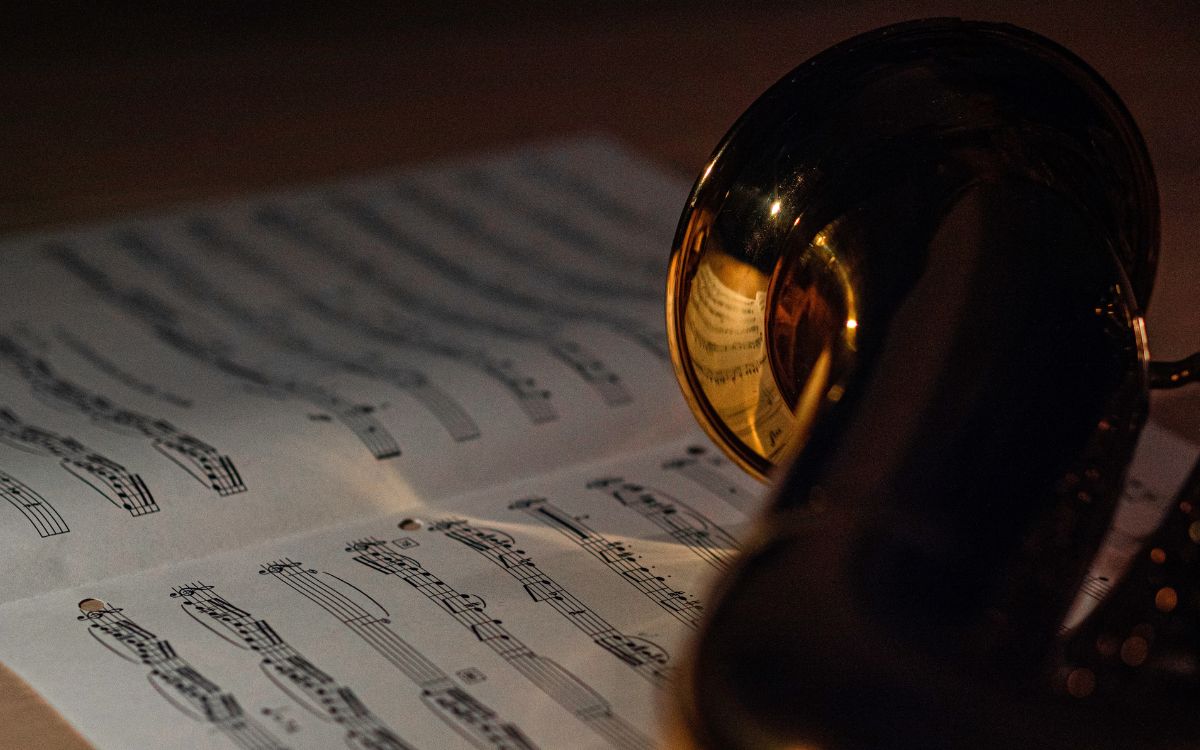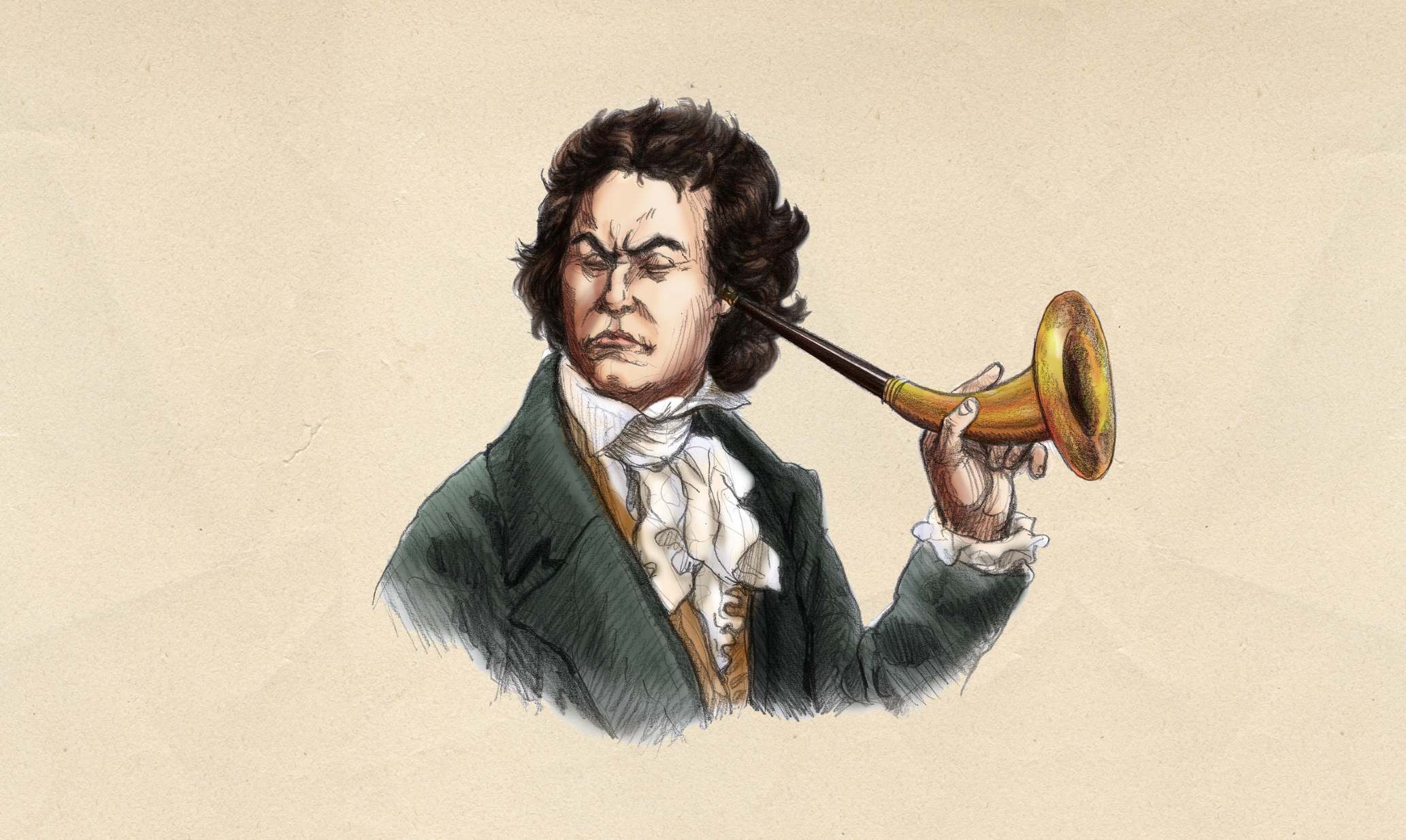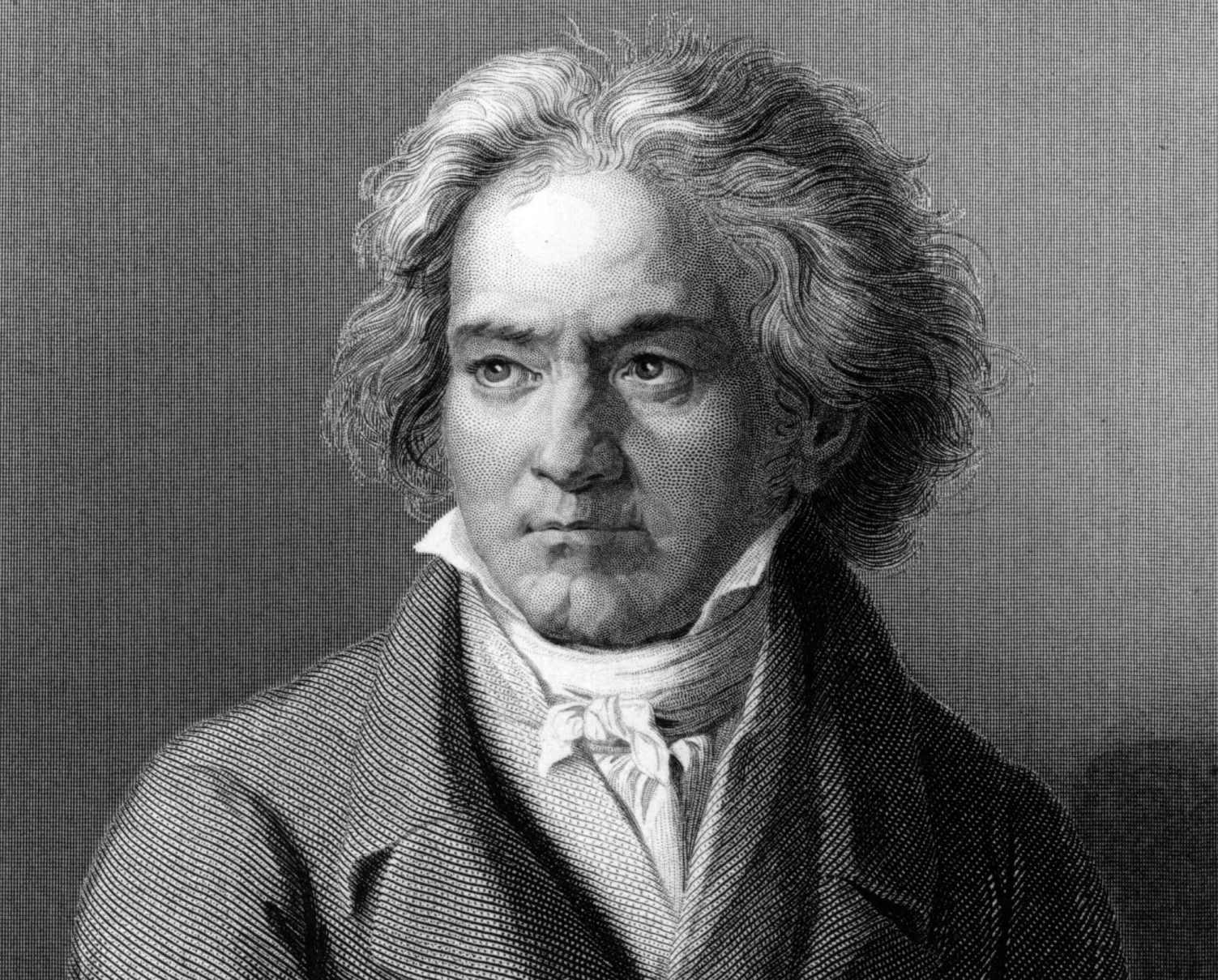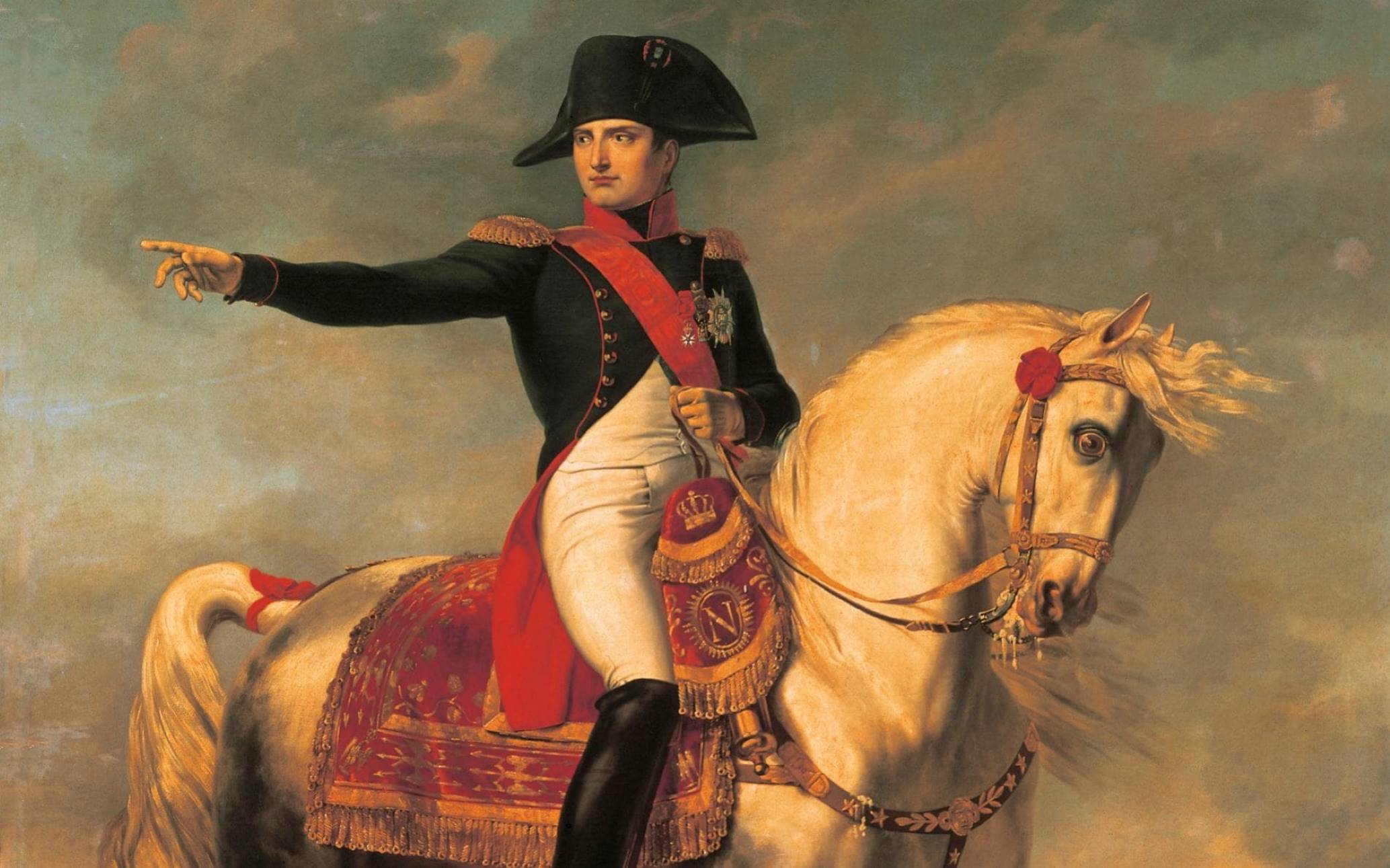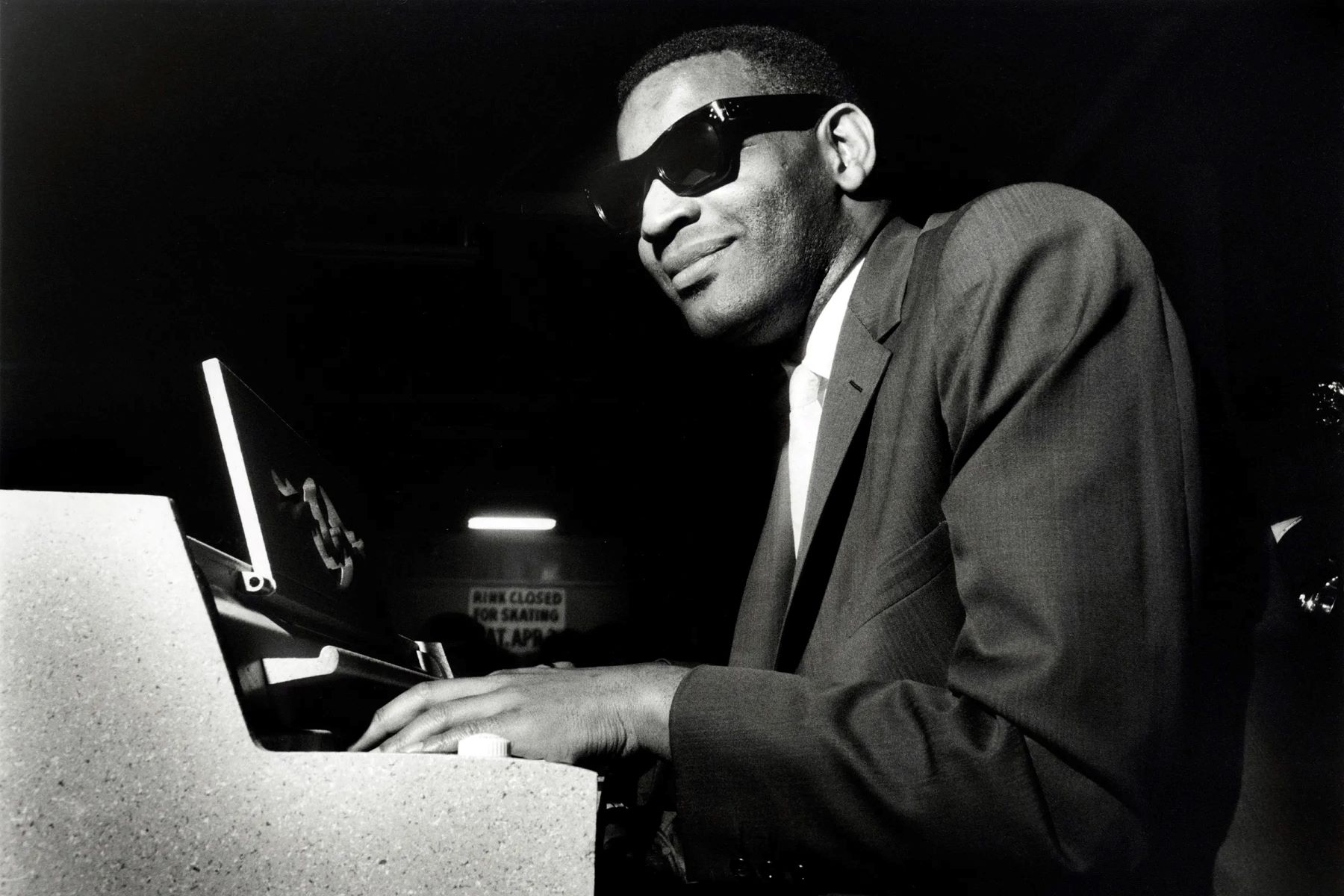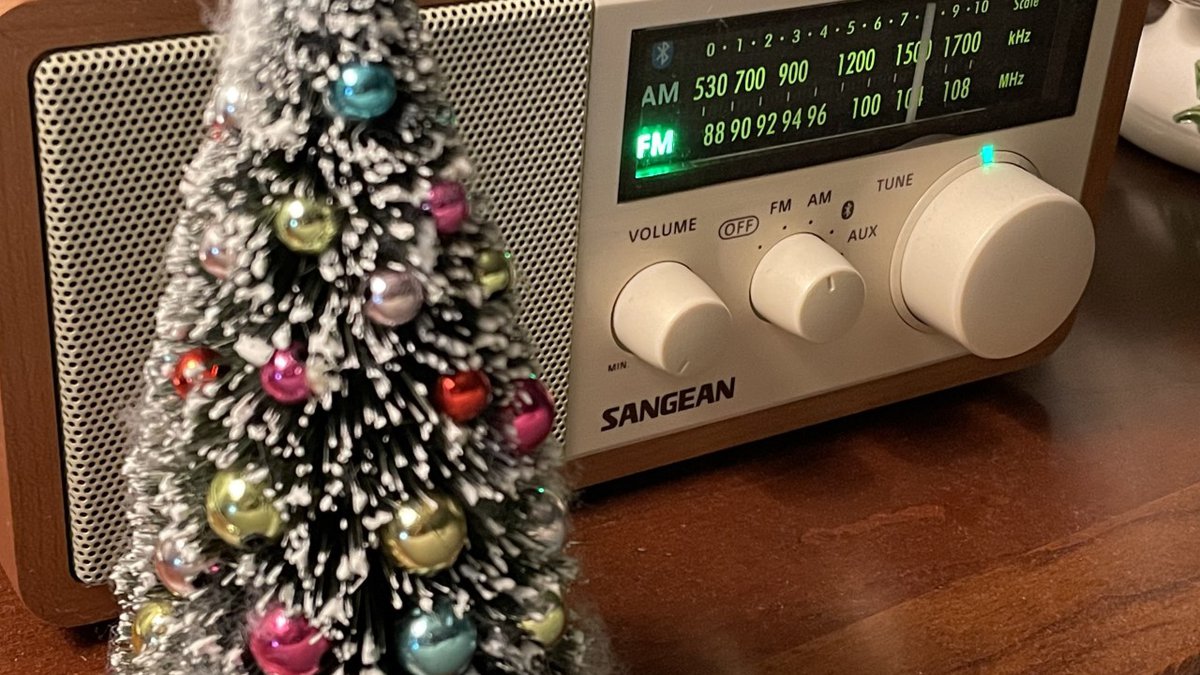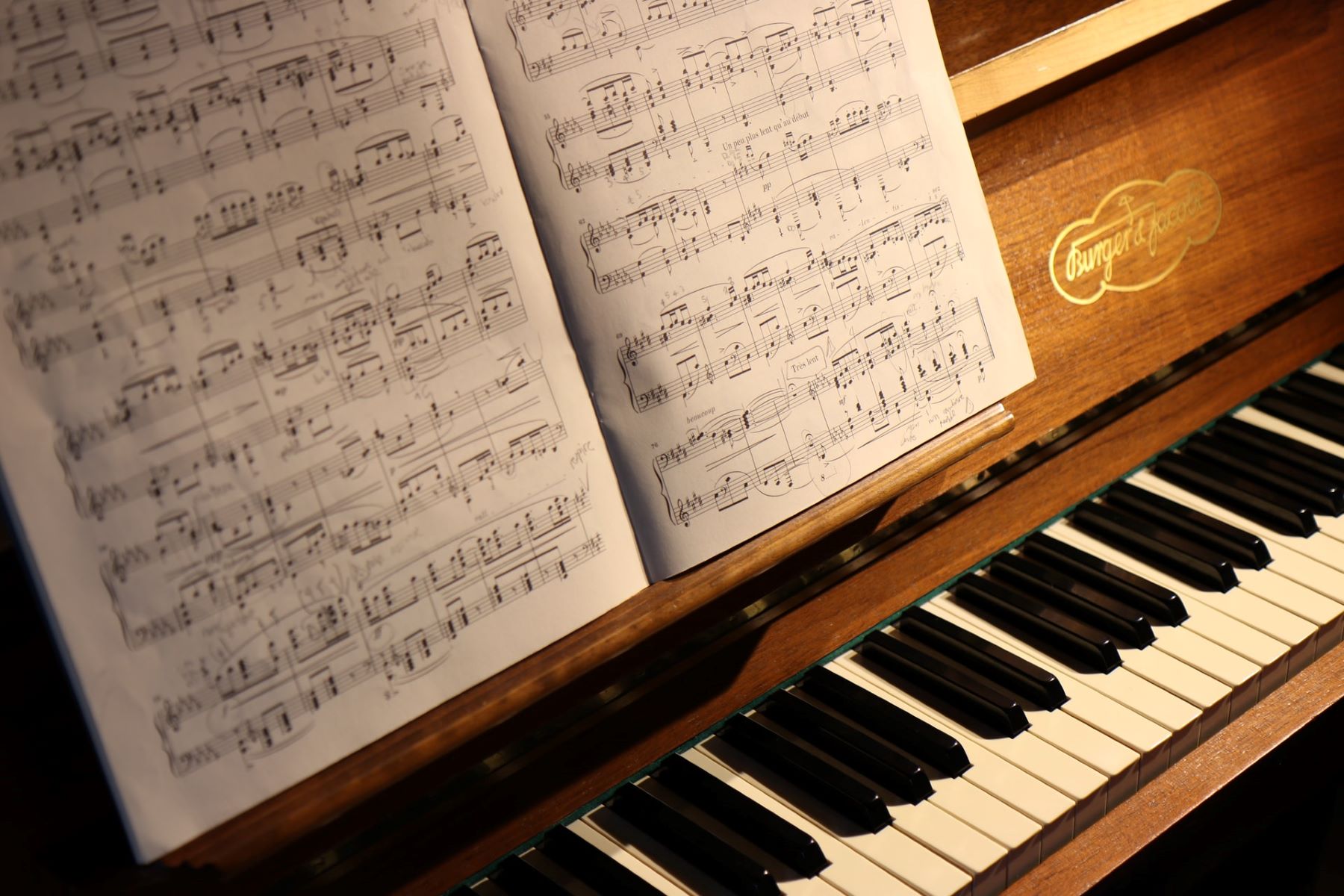Home>Instruments>Piano>When Did Beethoven Start Playing Piano
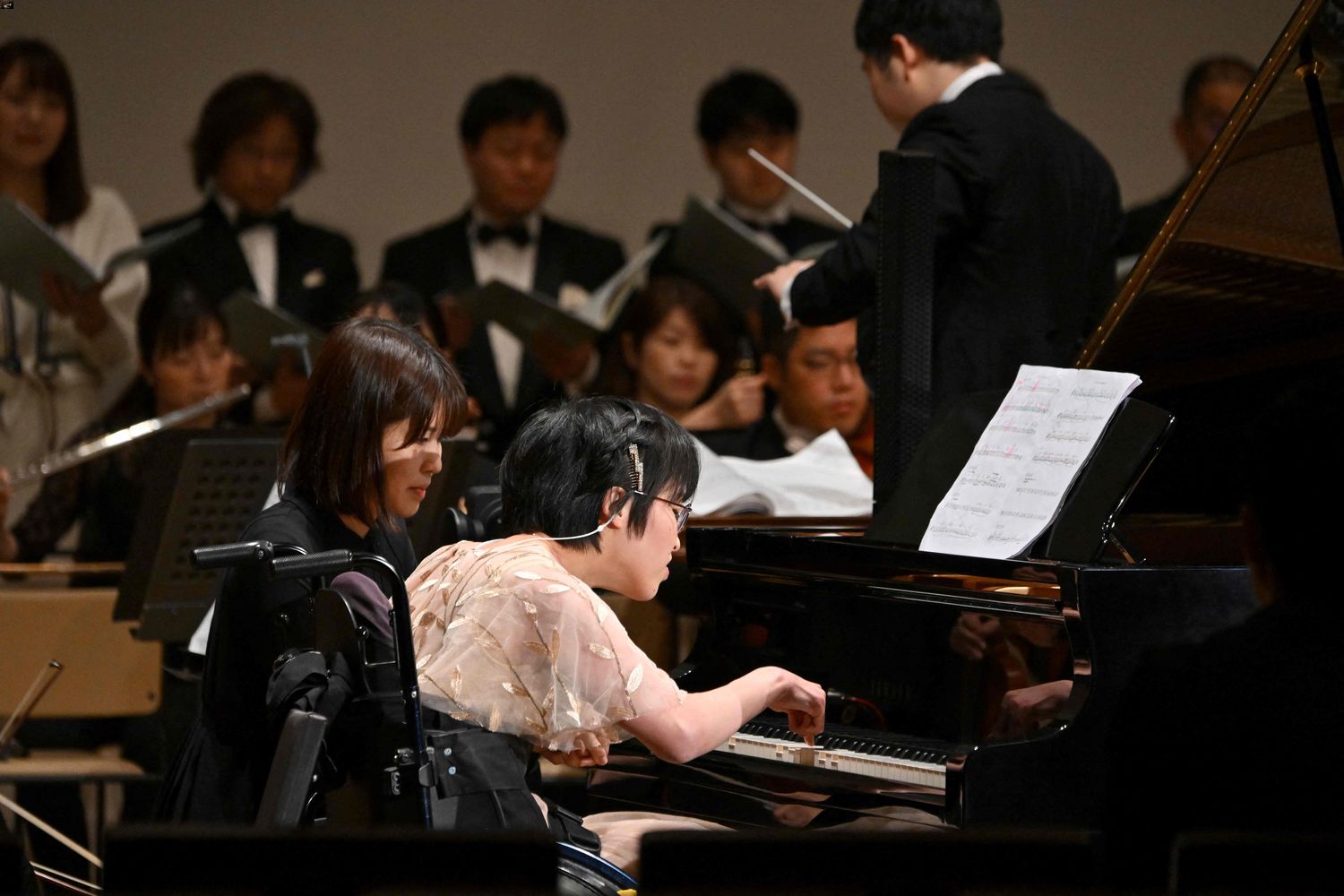

Piano
When Did Beethoven Start Playing Piano
Published: February 12, 2024
Discover Beethoven's early piano journey and when he began playing the instrument. Uncover the musical beginnings of the legendary composer.
(Many of the links in this article redirect to a specific reviewed product. Your purchase of these products through affiliate links helps to generate commission for AudioLover.com, at no extra cost. Learn more)
Table of Contents
Introduction
Introduction
Ludwig van Beethoven, a name synonymous with musical genius, left an indelible mark on the world of classical music. His compositions continue to inspire and enthrall audiences centuries after his time. While Beethoven is best known for his symphonies and sonatas, his virtuosity on the piano played a pivotal role in shaping his musical legacy. In this article, we delve into the early years of Beethoven's life, his introduction to the piano, and the profound impact his piano playing had on his compositions.
Beethoven's journey with the piano was not only a testament to his remarkable talent but also a reflection of the era in which he lived. The piano, an instrument that underwent significant evolution during Beethoven's lifetime, became a central medium for his artistic expression. As we explore Beethoven's relationship with the piano, we gain insight into the man behind the music and the evolution of piano composition during the classical period.
Join us as we embark on a captivating exploration of Beethoven's formative years, his instrumental prowess, and the enduring legacy of his piano compositions. Through this journey, we aim to unravel the enigmatic connection between Beethoven and the piano, shedding light on the profound influence it wielded over his musical masterpieces.
Beethoven’s Childhood and Early Musical Training
Ludwig van Beethoven was born in Bonn, Germany, in 1770, into a family with a deep musical heritage. His father, Johann van Beethoven, was a professional singer and a music director at the court of the Elector of Cologne. Beethoven’s early exposure to music within his own household laid the foundation for his future musical endeavors. Despite his family’s modest means, Beethoven’s father recognized his son’s musical potential and began teaching him the violin and clavier at a young age.
At the tender age of seven, Beethoven commenced his formal musical training under the tutelage of renowned pianist and composer Christian Gottlob Neefe. Under Neefe’s guidance, Beethoven honed his skills on the piano, delving into the works of prominent composers such as Johann Sebastian Bach and Wolfgang Amadeus Mozart. Neefe’s mentorship proved instrumental in fostering Beethoven’s prodigious talent, providing him with a solid technical and theoretical groundwork that would shape his future as a pianist and composer.
Beethoven’s early exposure to the piano and rigorous musical training instilled in him a deep passion for composition and performance. His innate musicality and unwavering dedication propelled him to pursue excellence in his craft, setting the stage for his remarkable contributions to the world of classical music.
Beethoven’s Piano Playing and Compositions
Beethoven’s proficiency on the piano was nothing short of extraordinary, earning him acclaim as a virtuoso pianist during his lifetime. His command over the instrument transcended conventional norms, revolutionizing the expressive possibilities of piano music. Beethoven’s piano playing was characterized by its intensity, emotive depth, and technical innovation, captivating audiences and fellow musicians alike.
As a prolific composer, Beethoven’s piano compositions epitomized the evolution of classical piano music. His early works, such as the Piano Sonatas Op. 2 and the Pathétique Sonata, showcased his mastery of form and structure while foreshadowing the groundbreaking musical language that would define the Romantic era. Beethoven’s piano compositions not only pushed the boundaries of traditional tonality but also embodied profound emotional narratives, inviting listeners into the depths of human experience.
One of Beethoven’s most celebrated contributions to piano literature is his set of 32 piano sonatas, a collection that spans his creative trajectory and reflects the evolution of his artistic vision. From the exuberant virtuosity of the “Waldstein” Sonata to the introspective introspection of the “Moonlight” Sonata, Beethoven’s piano sonatas remain a cornerstone of the pianistic repertoire, challenging performers with their technical demands and emotive range.
Furthermore, Beethoven’s piano concertos, particularly the Piano Concerto No. 5 in E-flat major, “Emperor,” stand as monumental achievements in the genre, showcasing his prowess as both a composer and a pianist. These concertos exemplify Beethoven’s innovative approach to orchestral writing and his ability to seamlessly integrate solo piano passages with orchestral textures, elevating the concerto form to new heights of grandeur and expressivity.
Beethoven’s piano playing and compositions not only redefined the possibilities of the instrument but also left an indelible imprint on the trajectory of Western classical music. His innovative spirit, coupled with his profound understanding of the piano’s expressive potential, continues to inspire pianists and audiences worldwide, cementing his legacy as a transformative figure in the realm of piano music.
Conclusion
In conclusion, Ludwig van Beethoven’s journey with the piano encapsulates a narrative of unparalleled artistry, innovation, and emotional depth. From his formative years in Bonn to his prolific career in Vienna, Beethoven’s relationship with the piano served as a crucible for his creative genius, yielding compositions that transcend time and resonate with universal human experiences.
Beethoven’s early exposure to the piano, under the guidance of Christian Gottlob Neefe, laid the groundwork for his future as a virtuoso pianist and visionary composer. His piano playing, characterized by its emotive intensity and technical prowess, captivated audiences and fellow musicians, earning him acclaim as a trailblazer in the realm of piano music.
Moreover, Beethoven’s piano compositions stand as testaments to his relentless pursuit of artistic innovation. His piano sonatas, concertos, and solo works not only expanded the horizons of classical piano music but also delved into the depths of human emotion, reflecting the tumultuous spirit of the Romantic era. Beethoven’s legacy as a pianist and composer continues to reverberate through concert halls and conservatories, inspiring generations of musicians to embrace the boundless expressive potential of the piano.
As we reflect on Beethoven’s enduring impact on piano music, we are reminded of the transformative power of artistic vision and unwavering dedication. His legacy serves as a beacon for aspiring pianists and composers, urging them to push the boundaries of creativity and imbue their music with profound emotional resonance.
In essence, Beethoven’s journey with the piano transcends the confines of time and space, inviting us to embark on a profound exploration of human emotion and artistic innovation. His indelible mark on the world of piano music stands as a testament to the enduring power of creativity and the timeless allure of musical expression.

